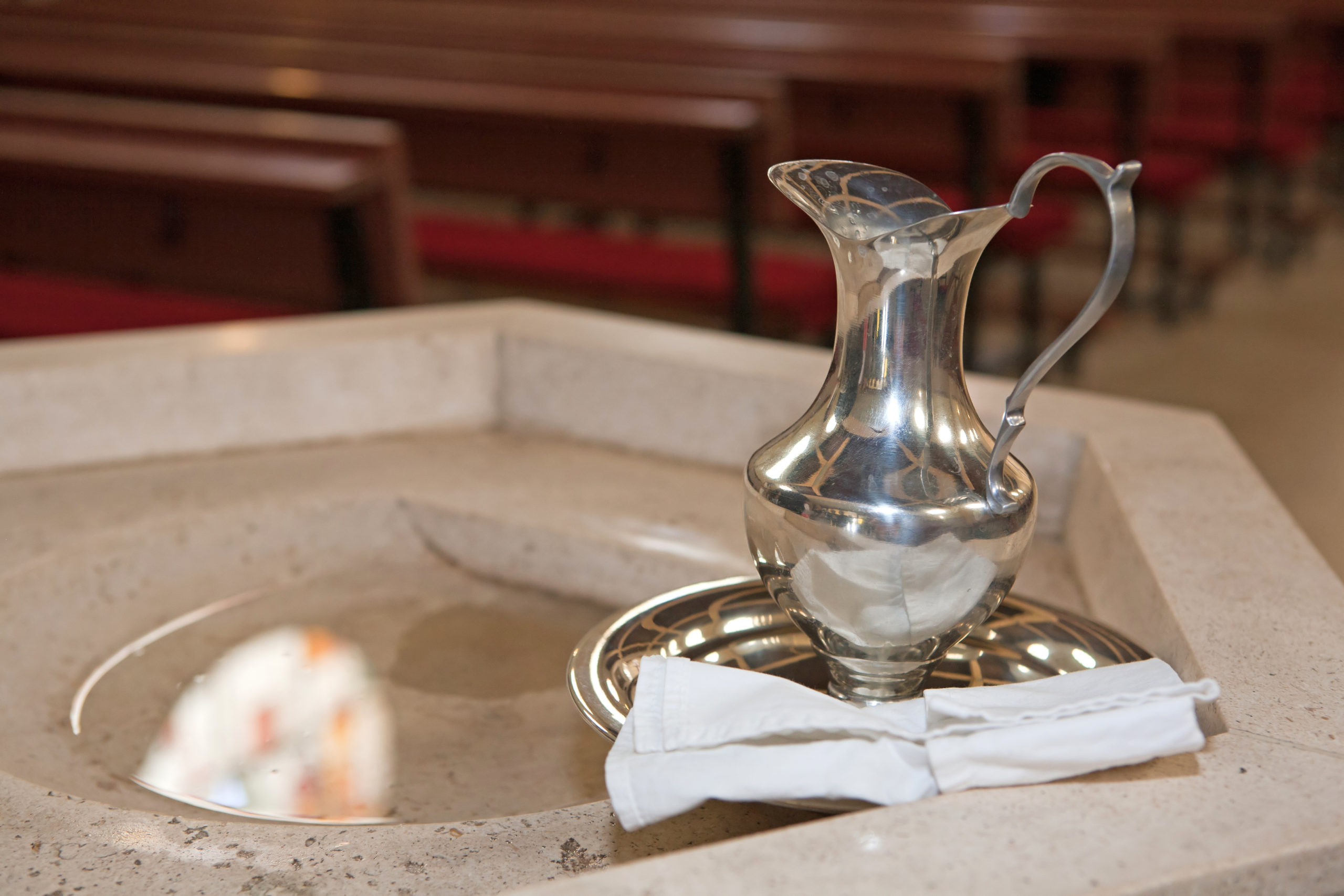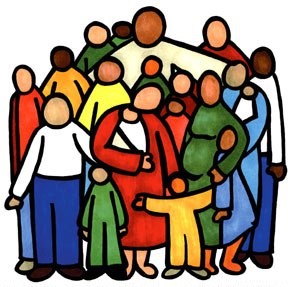Find out about Faith
Christianity is about having an ongoing relationship with God, who loves each one of us.
Introduction to faith
Life throws up a lot of questions and trusting in God doesn’t mean having all the answers! But here is an introduction to faith from Revd Mark Cannon, and below is a quick summary of some things about the Christian faith that you may want to find out about.
What is God like?
Christians believe that God is like a loving parent who knows us inside out, wants what’s best for us and is always ready to forgive the things we get wrong and to help us start again. We believe that we can find out what God is like from the life and teachings of Jesus, who invites us to start a new relationship with God, here and now and for all eternity. We believe that God’s presence is always with us, to support and strengthen and guide us in whatever we face.
What is baptism about?
When you realise that God loves you personally and that his forgiveness sets you free from past mistakes, you may want to do something to show that this is like starting life afresh. That ‘something’ can be baptism, a symbolic washing away of old failings and a commitment to a new way of living. Parents often make these promises on behalf of their young children who they want to live in relationship with God. You are never too old to take this step of baptism, or to renew or confirm the baptismal vows made when you were younger. Do talk to us about baptism or confirmation.

What is prayer and how do I do it?
Prayer is being open to God. You don’t need to use special words, any more than if you were talking with your Mum or Dad! You don’t need to be in a special place. You just need to turn your thoughts to God, tell him what’s on your mind and be open to insights that you receive from him.
Prayer isn’t magic, you don’t pray to ‘get results’; you pray to share things with the one who knows you just as you are and loves you anyway. God hears every prayer, but his answers are not always what we expect.
You can find some words of prayer here. You can pray by yourself or with others.

If you are new to prayers, you could try ‘praying your hand’:
Your thumb is your strongest finger: thank God for all the strong things in your life, like home and family, relationships that support and sustain you.
Your index finger is the pointing finger: pray for the people in your life who guide and help you, like friends, teachers, doctors, nurses, emergency services.
Your middle finger is the tallest: pray for people who have power in the world, leaders and governments, and for local leaders.
Your ring finger is the weakest finger on your hand: remember the weak, the poor, the helpless, the hungry, the sick, the ill and the bereaved.
Finally, your little finger: pray for yourself.
Or you could pray the prayer that Jesus taught his followers, which reminds us that God cares for each one of us like a loving parent:
Our Father in heaven,
hallowed be your name,
your kingdom come,
your will be done,
on earth as in heaven.
Give us today our daily bread.
Forgive us our sins
as we forgive those who sin against us.
Lead us not into temptation
but deliver us from evil.
For the kingdom, the power,
and the glory are yours
now and for ever.
Amen.
To learn more about prayer, why not speak with us?
Why church?
Church isn’t a building, it’s a group of people, and not people who’ve got everything sorted but a mix of different individuals who know they are all part of God’s family, each one loved by God. We support each other when times are tough and celebrate the happy occasions; most of all, we learn together more about God, about what it means to live the sort of life God wants for us and over time deepen our relationship with him. Church is a perfect place for imperfect people; if that sounds like you, why not give it a try with St Peter’s?

Why read the Bible?
The Bible is a collection of books which gives us glimpses of what God is like, most especially by recording the life and teachings of Jesus. Jesus was a real person who lived in Palestine about 2,000 years ago. He embodied the characteristics of God in human form: loving, caring, serving, challenging, forgiving. So, he was both an example of how it is possible to live and a bridge between us and God, so that whatever our background we can start our lives afresh in relationship with him. The Bible has reports of events, teaching, stories, prayers, poetry, letters. We try to understand more of the Bible each week at church, and through meeting in study groups each Advent and Lent. The Bible is available in many different languages and formats. Ask if you want to know more.

What is Holy Communion?
The service of Holy Communion is when we remember the meal of bread and wine that Jesus shared with his followers the night before he died. Communion means togetherness. We share bread and wine in this special ceremony to remember with thankfulness that through his life and death, Jesus has joined us back together with God. As the bread and wine become part of us, so God’s life becomes part of us too.

What is a blessing?
A blessing is an assurance that God knows and loves you and will support you in all the circumstances of your life. When someone says “God bless you”, it means that they are asking God to give you that assurance and any special support that you need. Many church services end with words of blessing.

